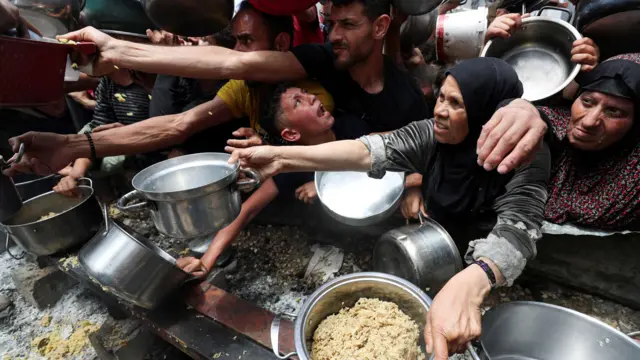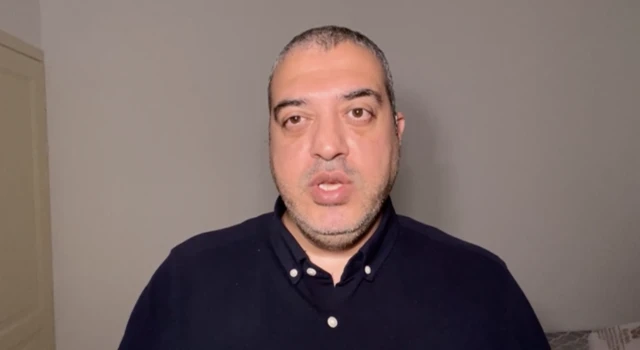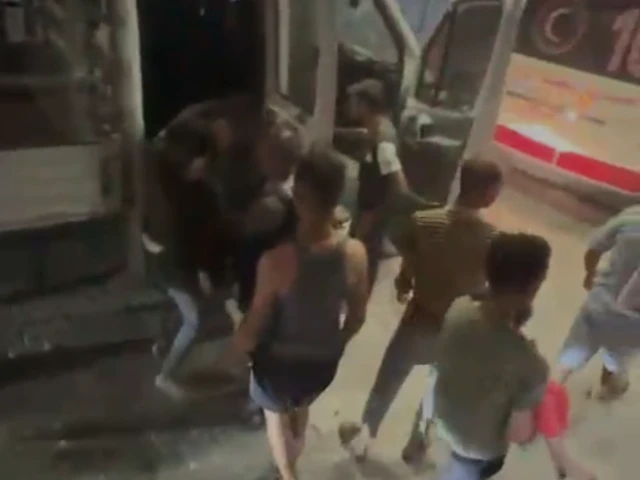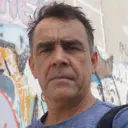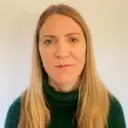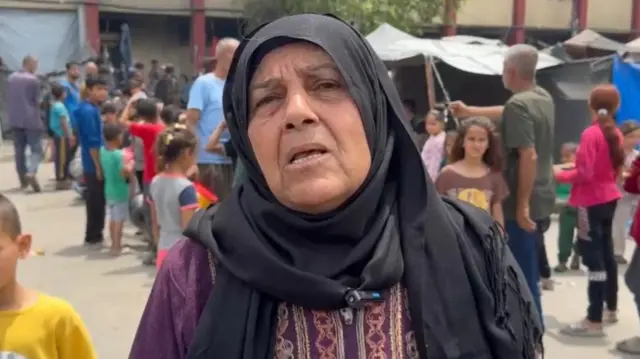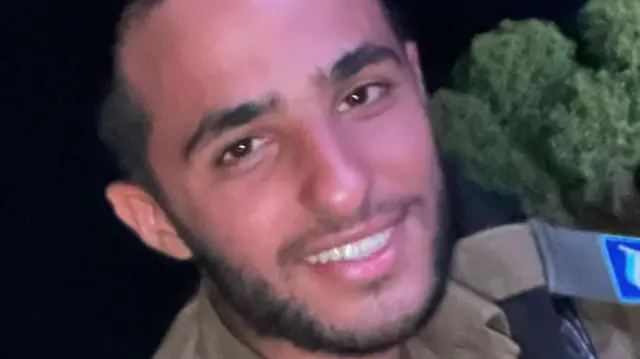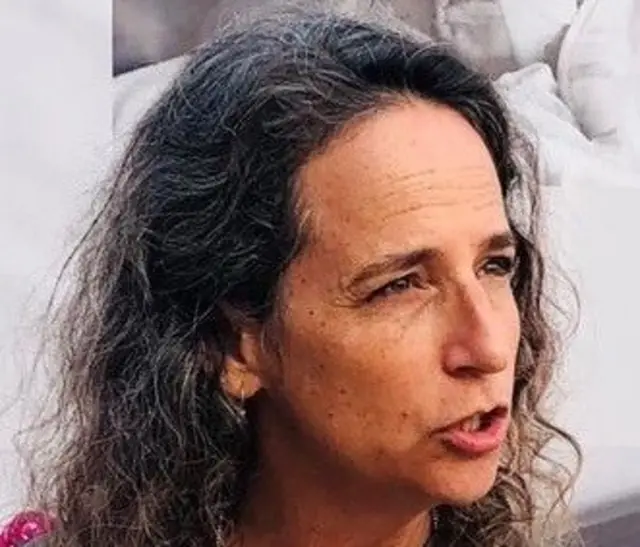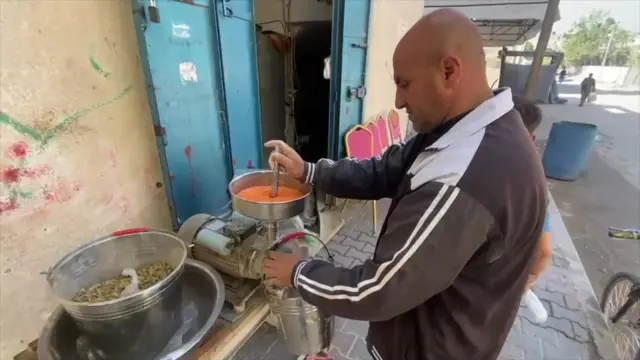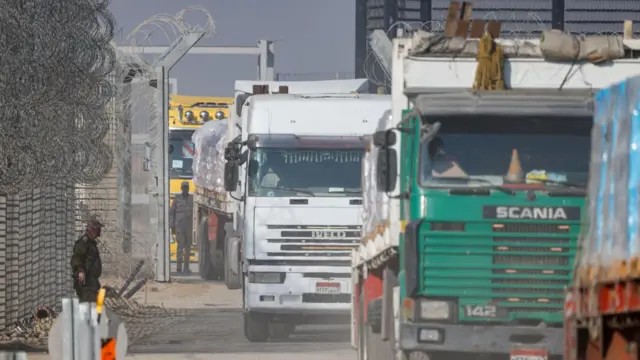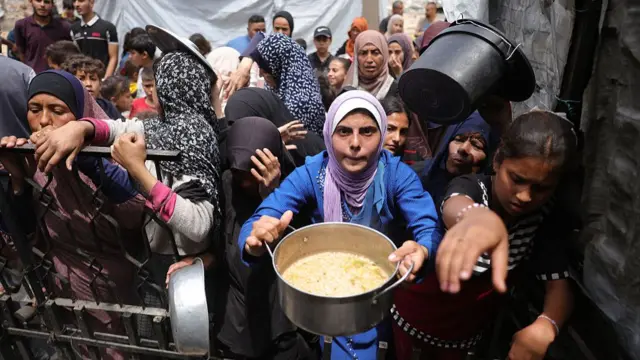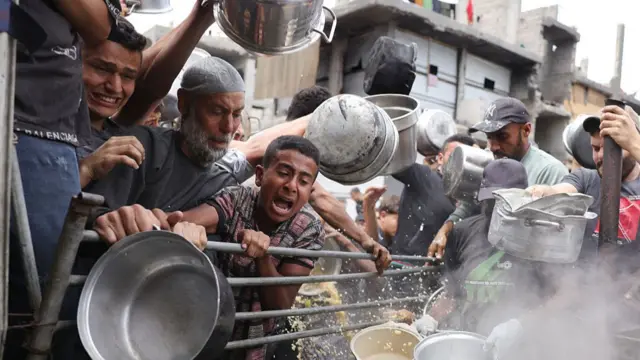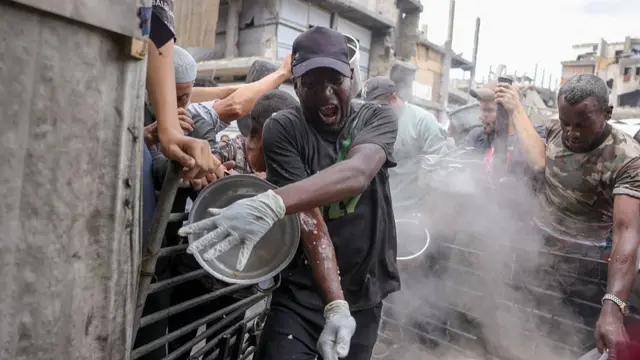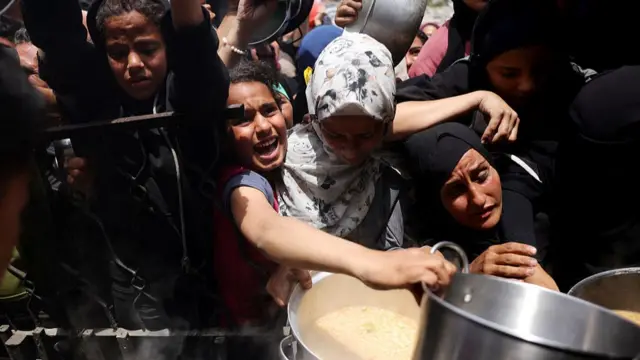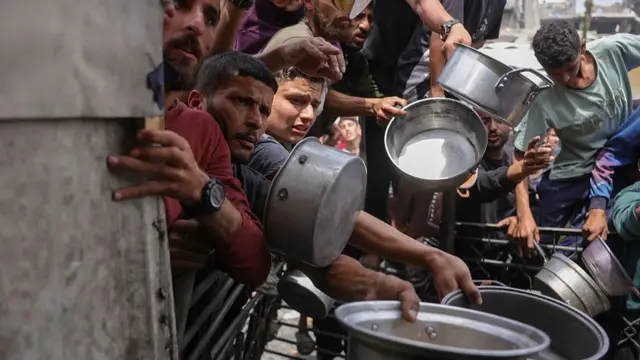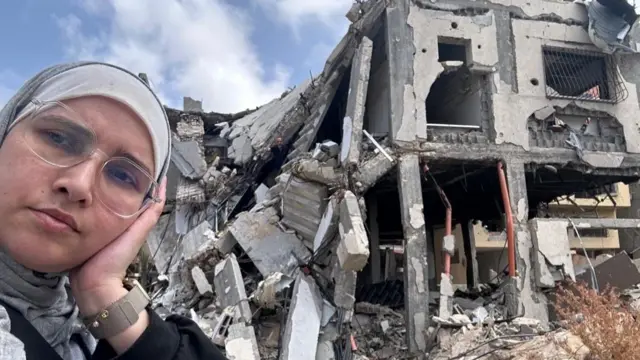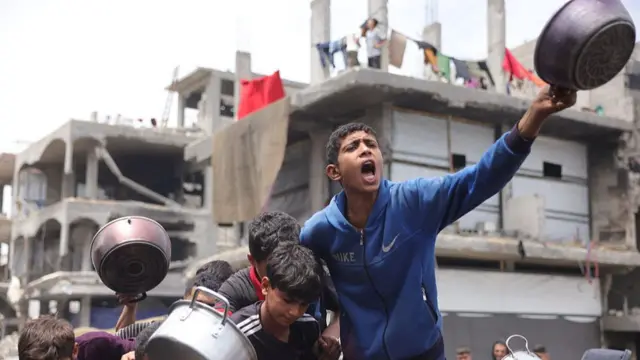World Food Programme's Gaza emergency stocks are gonepublished at 18:30 British Summer Time 15 May
Caroline Hawley
Diplomatic correspondent
This isn’t the first time that there have been warnings of famine in Gaza.
So, we asked the World Food Programme (WFP) – the UN body tasked with making sure the world is fed - to explain how serious the situation is now.
“Our emergency stocks are gone, drained by the closure of the border crossings,” WFP country director Antoine Renard told us.
“Parents spend all their days trying to find food for their children. People are searching through rubbish to find scraps. They were crushing old macaroni and mixing it with water to make a kind of bread.”
He says that “a very few” locally produced vegetables make it to market. But the prices are “astronomical” and there are no longer any working bakeries.
Earlier this week, the World Health Organization – quoting Gaza’s health ministry – said that 57 children are reported to have died from malnutrition since the start of March.
Renard spoke of a “morbid countdown.”
“Malnutrition is increasing,” he said. “That makes the whole body weaker and more prone to disease. Some people, the ones that are out of sight, are no doubt starving at this point.”
